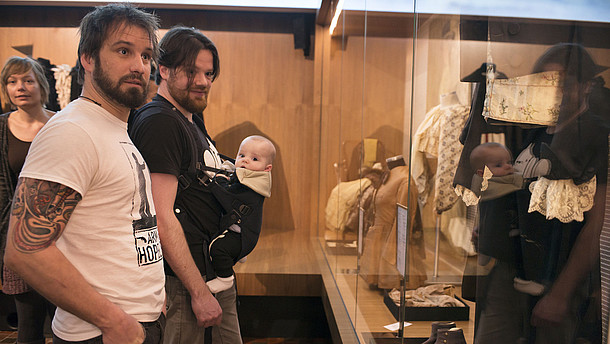The report summarises the work of the EU Open Method of Coordination (OMC) group of Member States’ experts on ‘Strengthening cultural heritage resilience for climate change’. It includes 83 best practise examples.
- Read Strengthening cultural heritage resilience for climate change - Where the European Green Deal meets cultural heritage
- Read the executive summary Stormy times - Nature and humans: cultural courage for change: 11 messages for and from Europe
The report includes recommendations for the European union and member states. It also states, to list some examples, that:
- In order to enhance the protection of cultural heritage against climate change, it is necessary to identify existing gaps and obstacles.
- There have been no economic assessments capturing the full range of costs of climate change impacts on European cultural heritage.
- The role of research and innovation in protecting cultural heritage from climate change by making Europe’s heritage climate resilient is paramount. The 83 best practice examples collected by the OMC expert group members clearly demonstrate that research is the most important driver of action to help heritage to fight against climate change.
- Out of the 28 countries having taken part in the expert group, nine do not have any legal framework for heritage and climate change. 15 countries stated that their cultural heritage policies mention climate change, and only 12 countries stated that cultural heritage is present in climate change policies.
- Education is of primary importance in understanding the profound role that cultural heritage plays in European societies.
Cultural heritage and the European Green Deal
In line with commitments made under the Paris Agreement, the Green Deal seeks to transform the EU into a modern, resource-efficient and competitive economy, with no net emissions of greenhouse gases by 2050, economic growth decoupled from resource use and no person or place left behind. However, cultural heritage was not explicitly mentioned in the Green Deal. In accordance with the Work-plan for Culture 2019-2022, an Open Method of Coordination group of Member States’ experts on strengthening cultural heritage resilience for climate change was established. The group’s mandate was to explore the contributions of cultural heritage to the European Green Deal and identify threats and gaps related to cultural heritage in the context of climate change.




